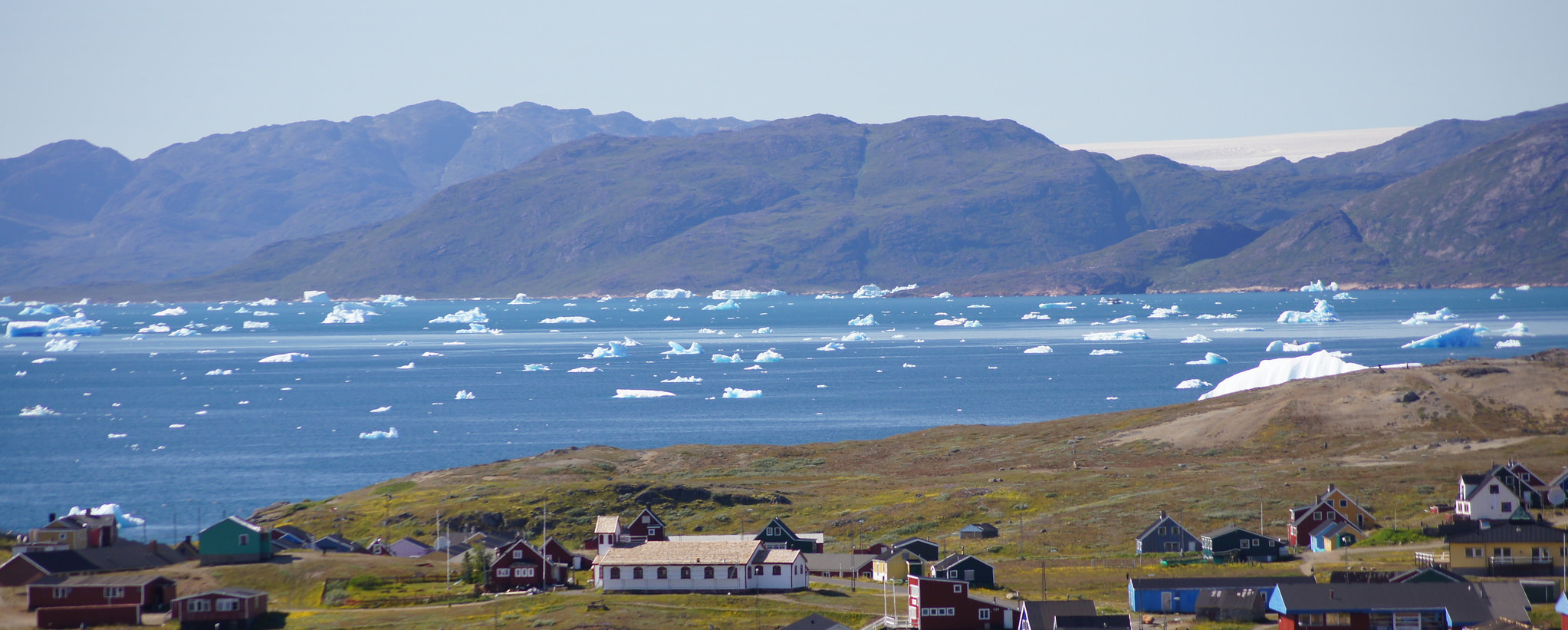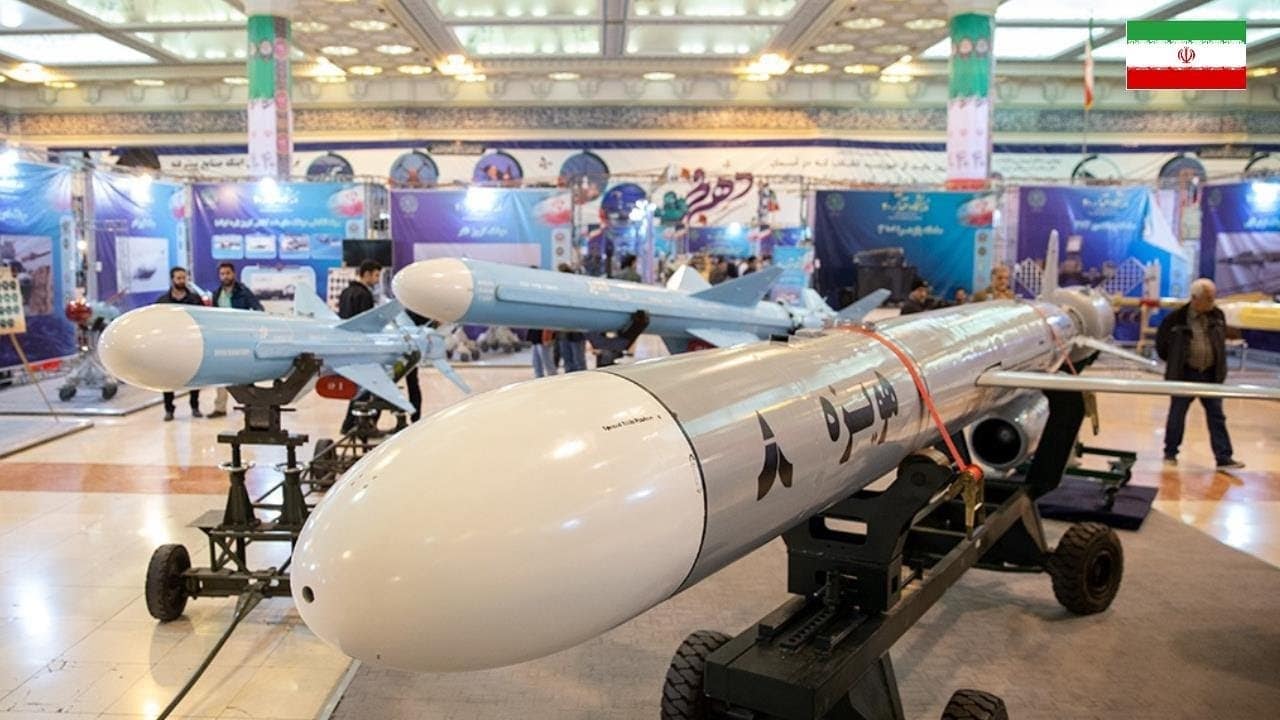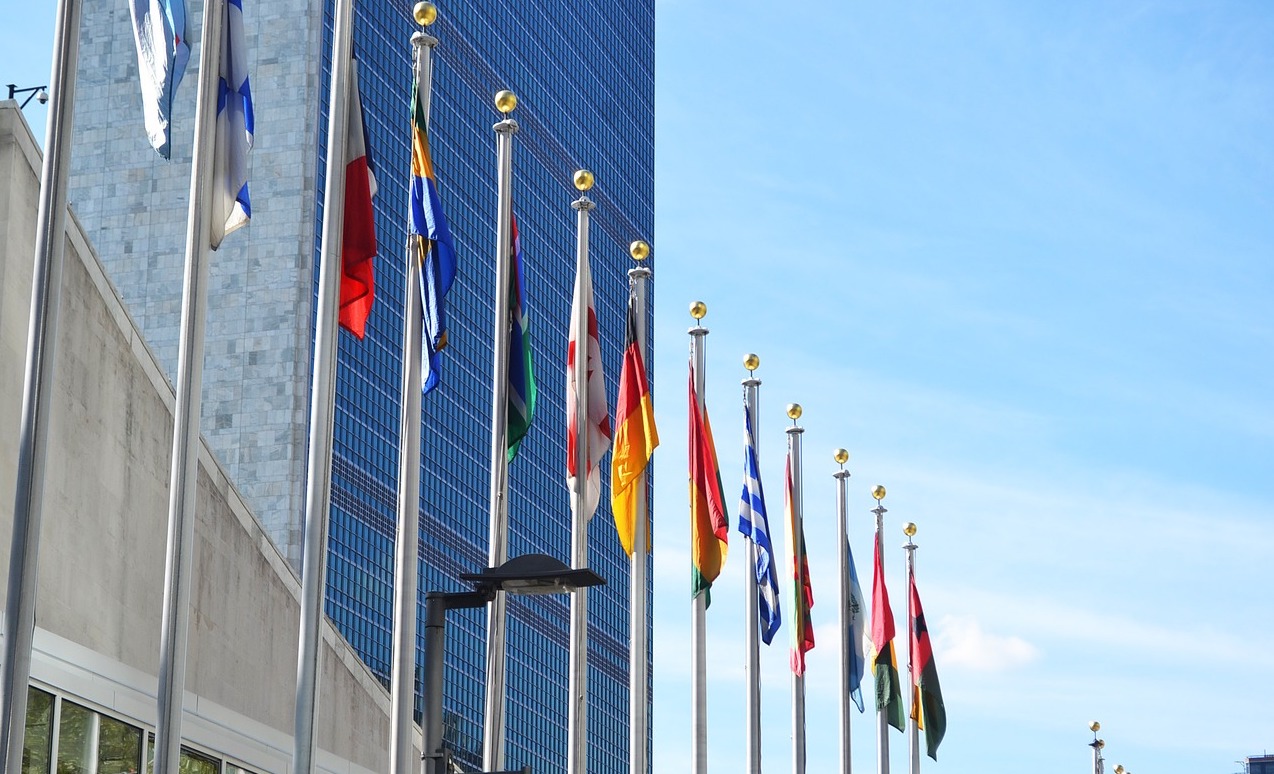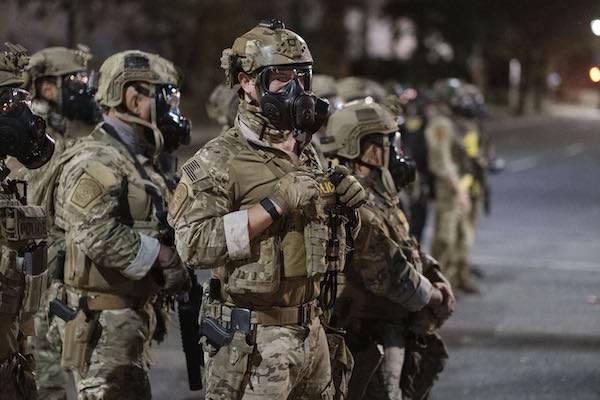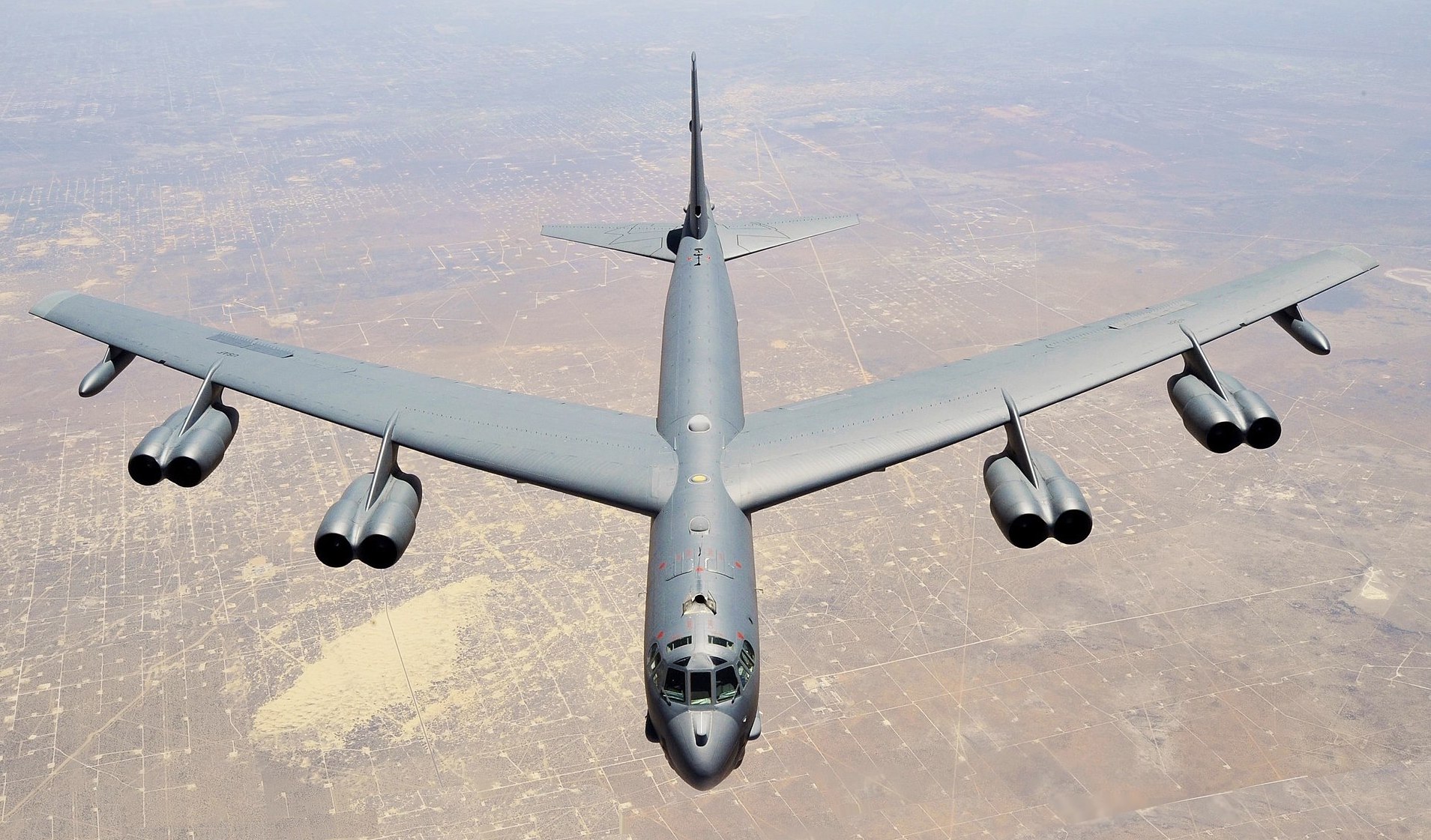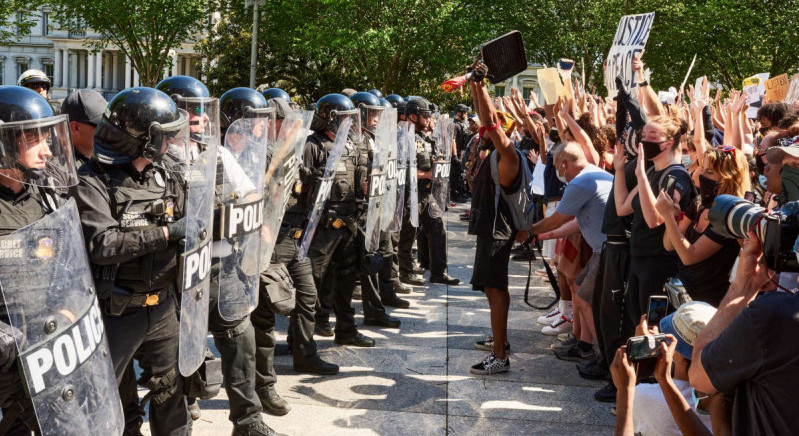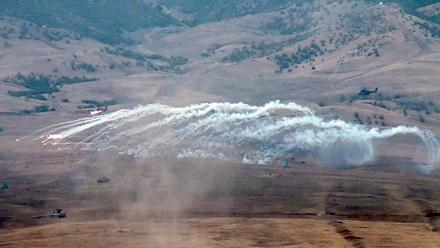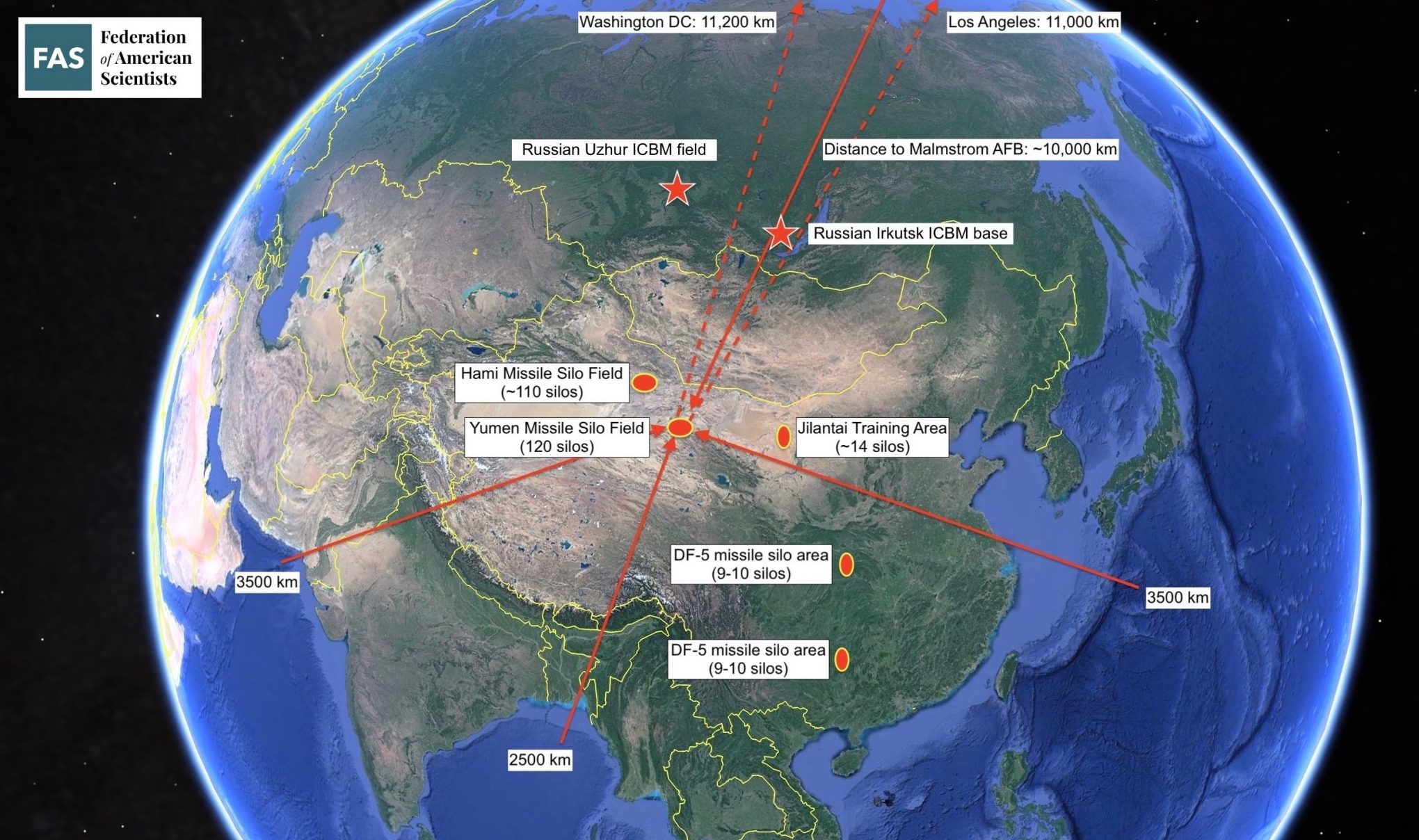
China: rapid expansion of nuclear missile silo fields
Satellite images reveal that China is building two new nuclear missile silo fields. The Federation of American Scientists reports that the People’s Liberation Army Rocket Force (PLARF) appears to be constructing new missile silos near Yumen, Gansu province, and at another site some 380 kilometers to the northwest, near Hami in Xinjiang. The construction at Yumen and Hami constitutes the most significant expansion ever of China’s inter-continental ballistic missile silos. China has for decades operated about 20 silos for its DF-5 ICBMs. With 120 silos under construction at Yumen, another 110 silos at Hami, a dozen silos at Jilantai, Inner Mongolia, and possibly more silos being added in existing DF-5 deployment areas, the PLARF appears to have approximately 250 silos under construction—more than ten times the number of ICBM silos currently in operation in China. (Photo: Federation of American Scientists)





